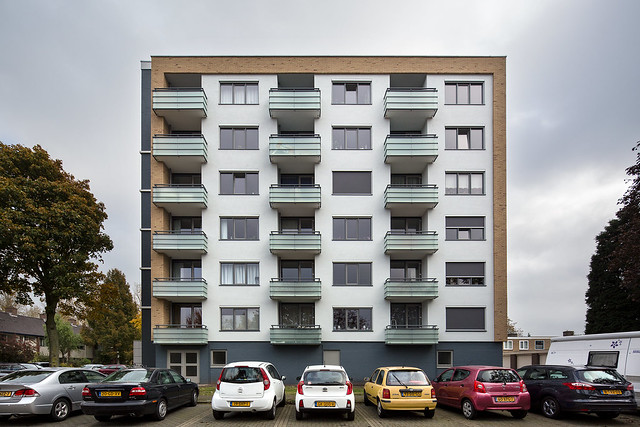Renowned think-tank advises European Commission to scale up Energiesprong Europe-wide
German think-tank Agora Energiewende has written an extensive advisory and concrete work plan for the European Commission to help it reach its climate targets. The building industry, it says, should scale up Energiesprong across the European Union.
Feasible and affordable
The report,“Agora Energiewende (2019): European Energy Transition 2030: The Big Picture. Ten Priorities for the next European Commission to meet the EU’s 2030 targets and accelerate towards 2050”, paints a comprehensive picture of the European Energy Transition. It comes with a technical document that translates all recommendations into a concrete work plan for the new Parliament and the new Commission. It highlights ten priorities and four flagship initiatives to make the European energy transition a success. For the building industry, Energiesprong – a revolutionary, whole house refurbishment and new build standard and funding approach -is chosen as the flagship initiative to renovate 1 million buildings by 2025 on an industrial scale.
The report quotes: “Energy efficiency renovation of buildings is progressing at a rate of only 1% per year. This is less than half of what is necessary to reach the EU’s climate and energy targets for 2030. A crucial bottleneck is today’s small-scale approach: for most renovation projects, knowledge, service provider, materials and financing are organised from scratch. The Dutch Energiesprong model demonstrates that an industrialized approach can be both feasible and affordable.”
Advice to the European Commission
The report also advises the European Commission to “launch and co-fund 5–10 pilot projects per member state in partnership with national agencies, cities, and industries. The purpose of the projects,” writes the report, “is to demonstrate the feasibility of industrialized renovation of existing buildings. The European Commission should also organize accompanying studies to identify barriers and costs. If useful for further scaling, the next European Commission should propose before the end of its mandate an EU-wide measure to harmonize market entry conditions for industrialized building renovations throughout Europe.”
Within the NWE Interreg E=0 projectfunded by the European Union, Energiesprong has already initiated a market by realising successful pilot projects for single family homes in the UK and France, while the more recently started Interreg NWE´s Mustbe0 projectenables the application of the Energiesprong solution for multi-storey buildings in the UK, France, Germany and the Netherlands. However, to apply the solution across Europe, financial support is still needed. Also, organising the legal framework to create optimum market conditions to enable industrialisation on an even bigger scale is impossible without support from the European Commission.
